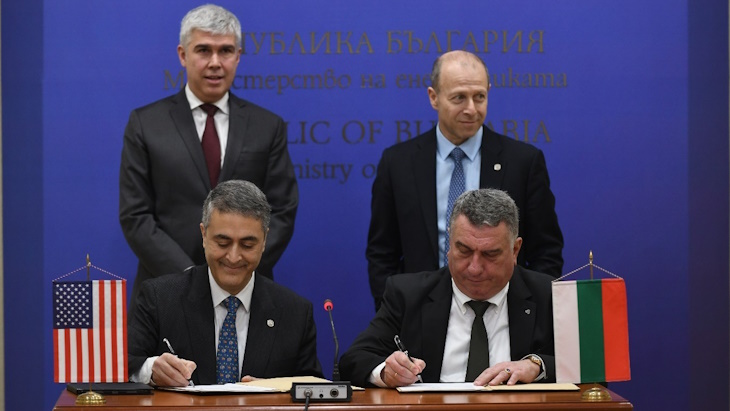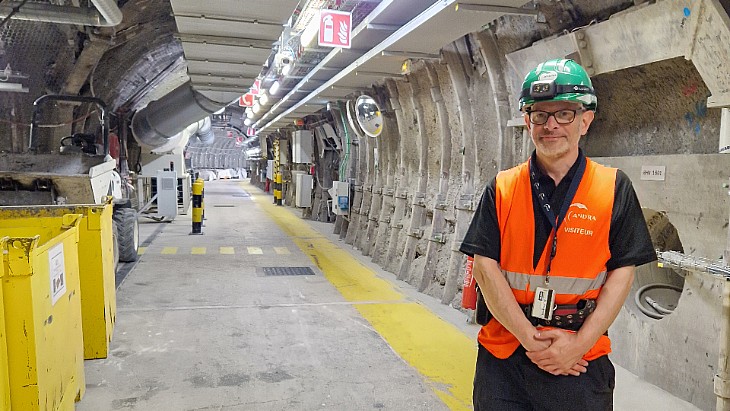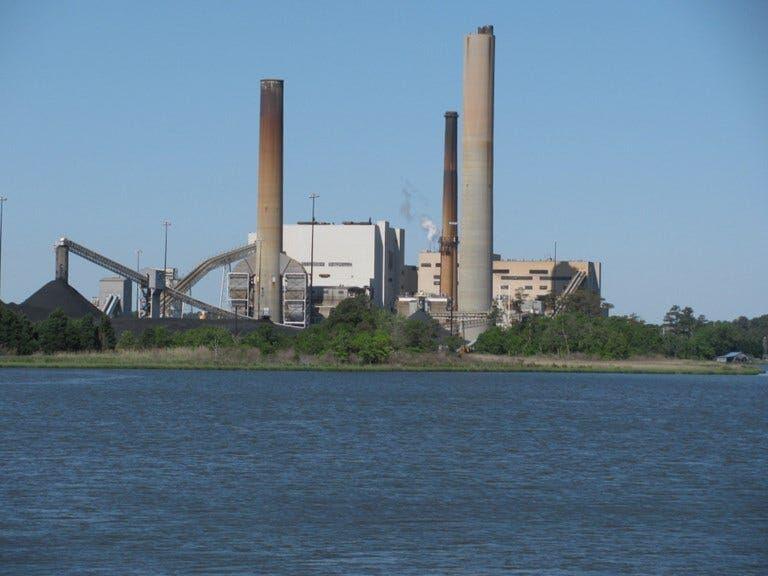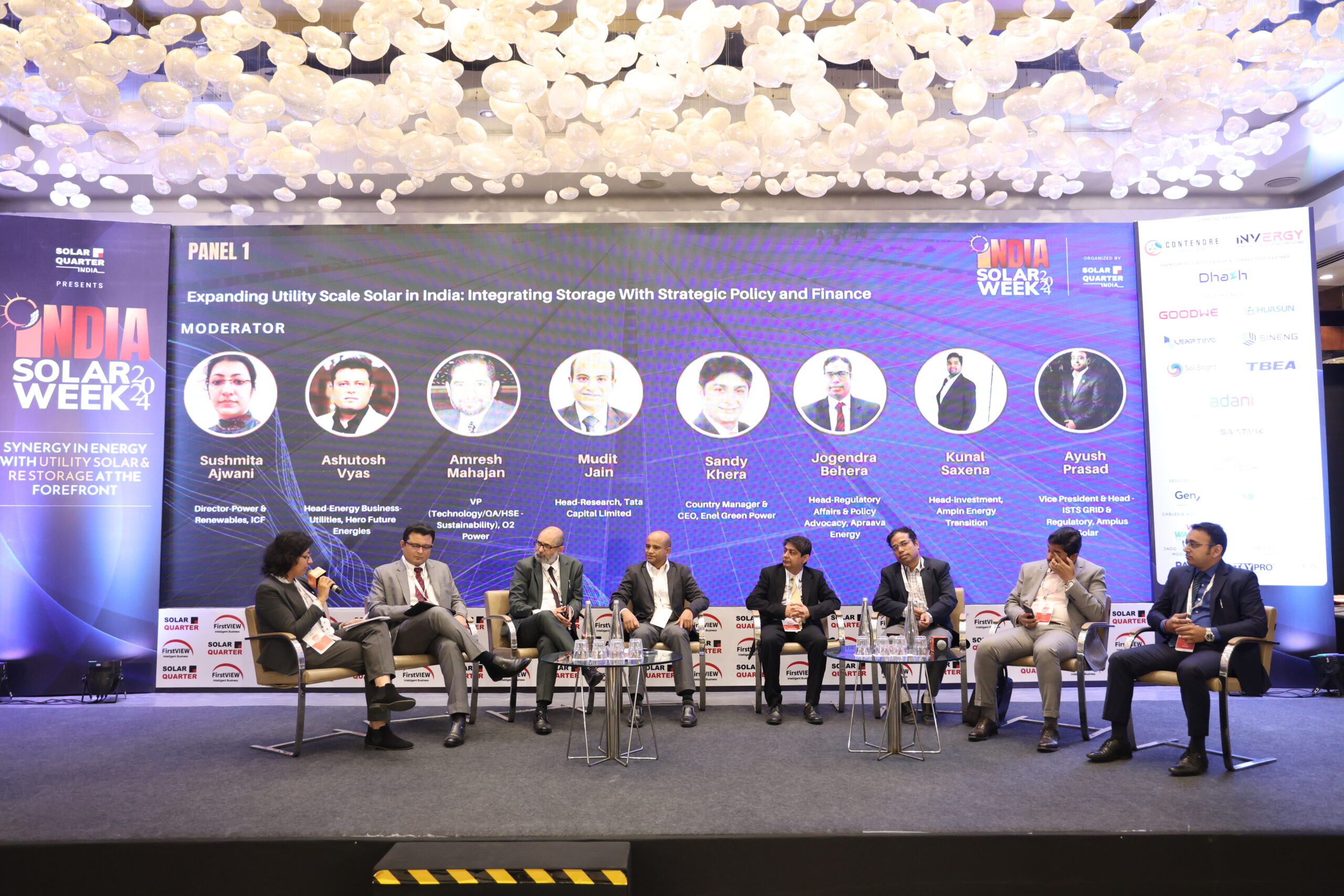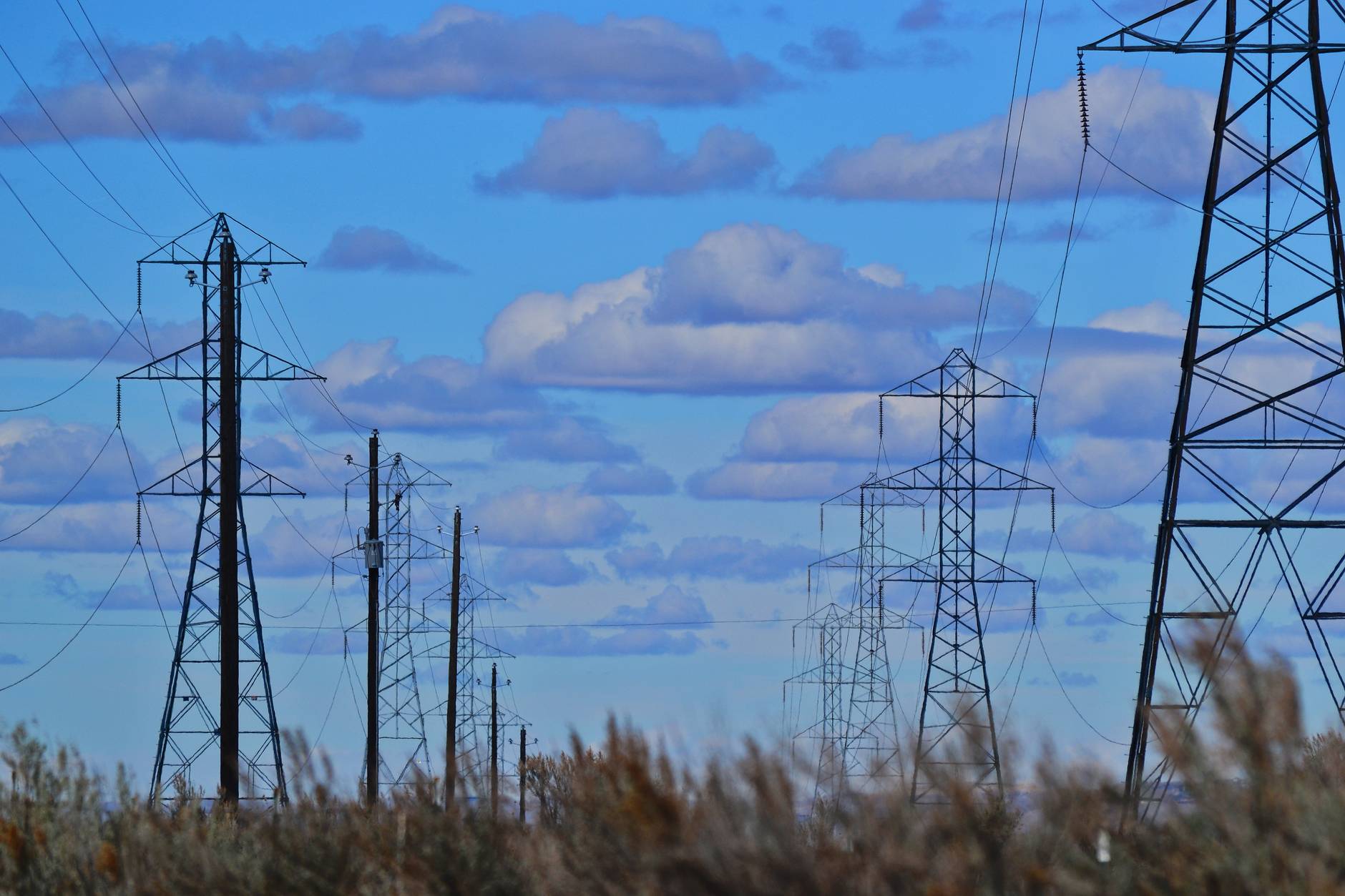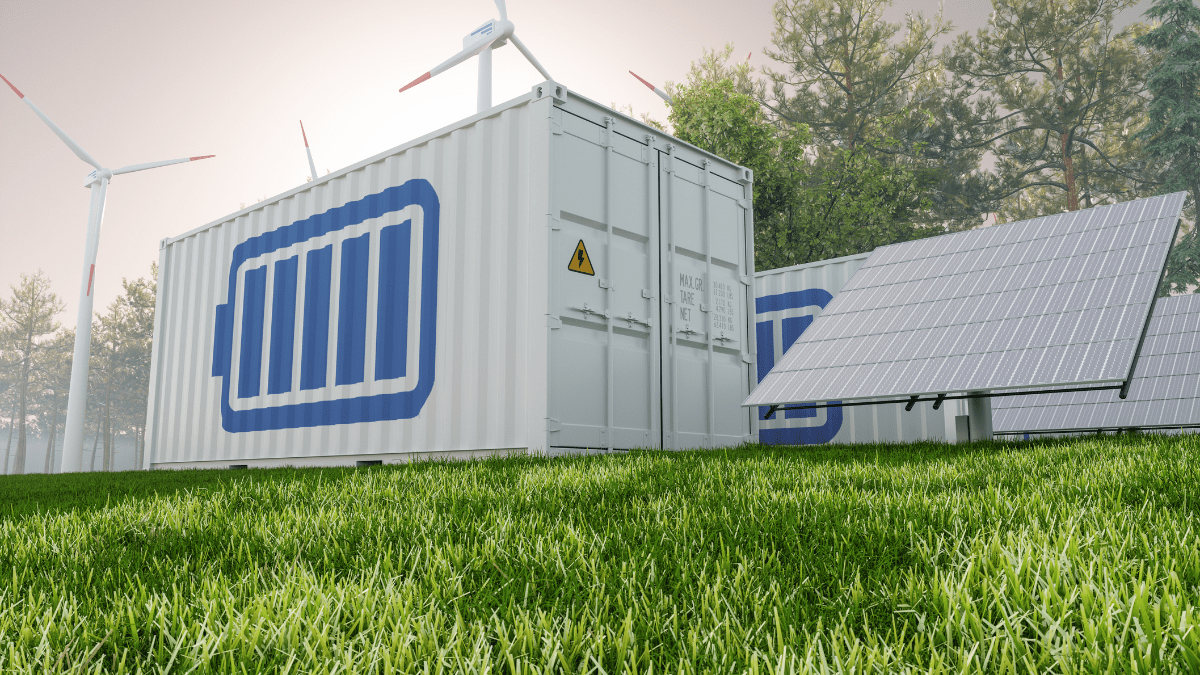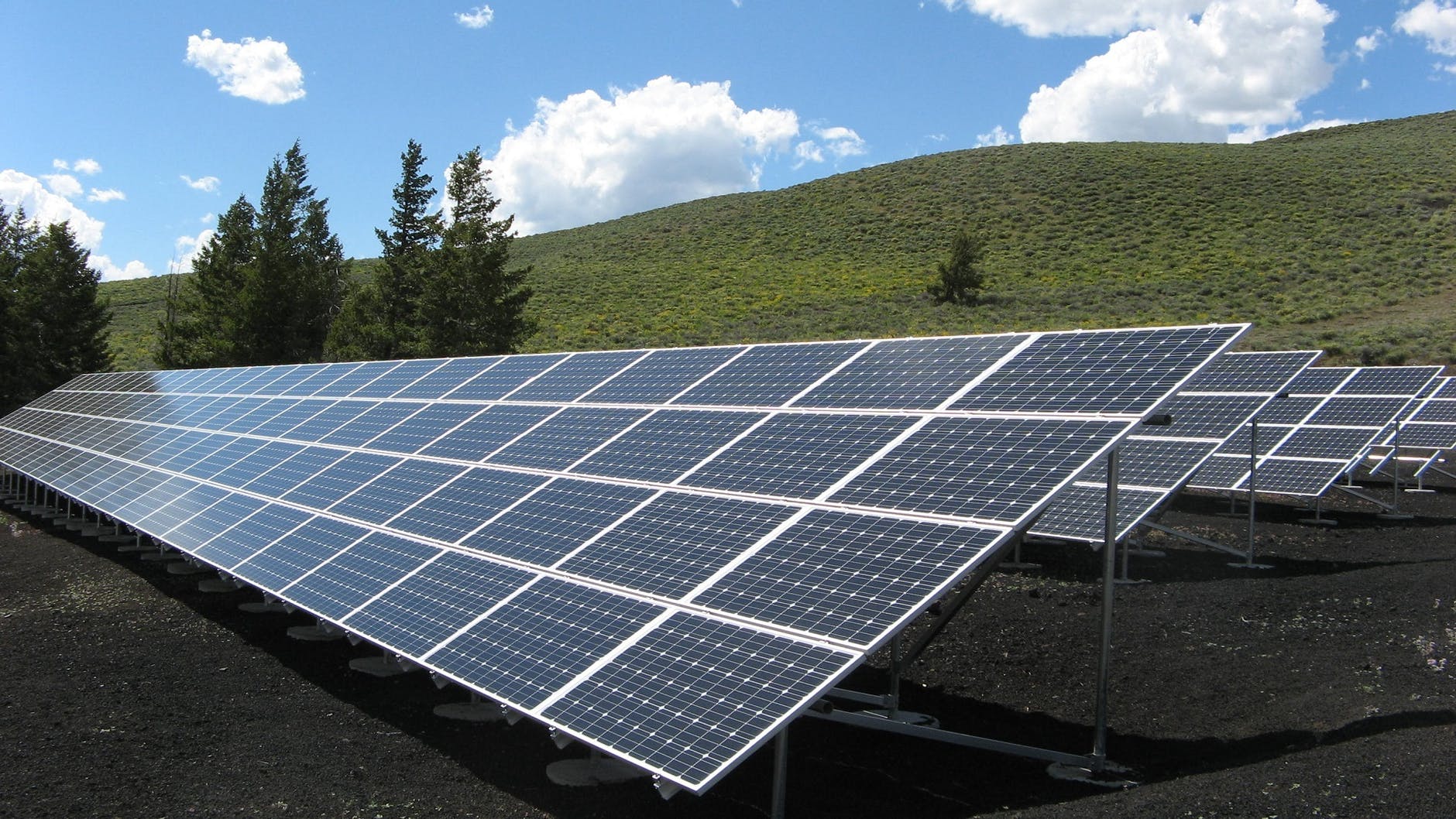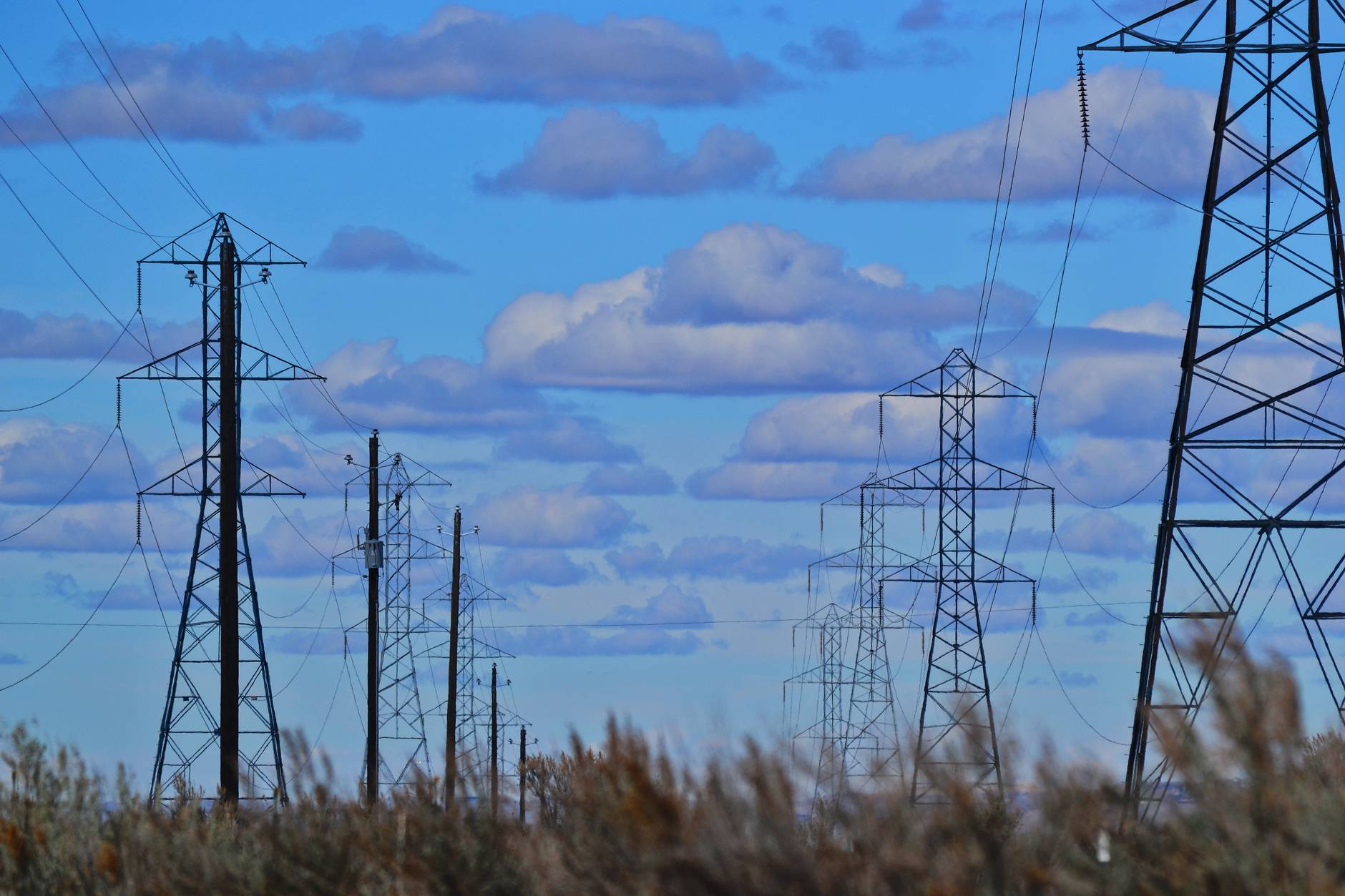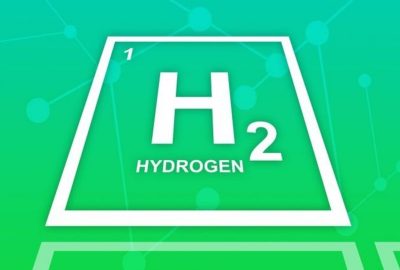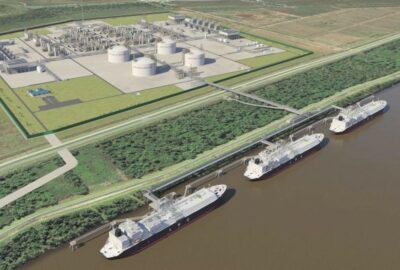Friday, 22 November 2024
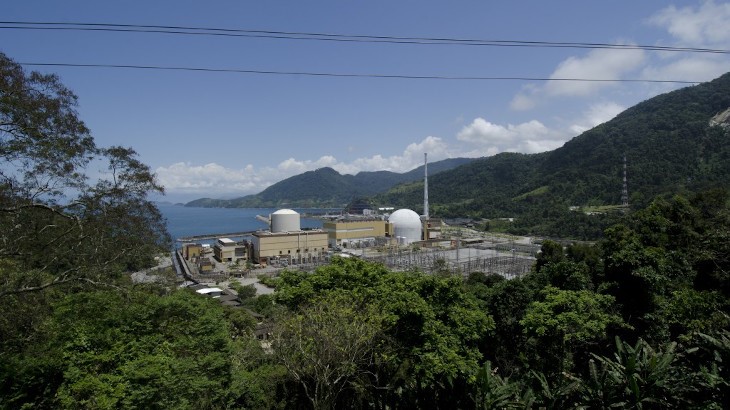
Angra 1 reached criticality in 1982 and entered commercial operation in 1985. The Westinghouse pressurised water reactor has a design capacity of 640 MWe. Eletrobras Eletronuclear also operates Angra 2, a 1275 MWe PWR which began commercial operation in 2001.
The request for the life extension was submitted in 2019. Since then there has been a “meticulous technical evaluation” of the request, a series of studies, four missions undertaken by International Atomic Energy Agency experts and an Integrated Implementation Plan for Safety Improvements.
As part of this plan there will be upgrades to control systems, physical protection structures and radioactive waste management protocols, the National Nuclear Energy Commission (CNEN) said. They will be implemented during maintenance and refuelling shutdowns.
CNEN’s Director of Radiation Protection and Safety Alessandro Facure said: “Each aspect of this process was analysed with technical rigour and responsibility. Our mission is to ensure that the Angra 1 operation remains safe for workers, the environment and society.”
Eletronuclear said it will be investing BRL3.2 billion (USD550 million) between 2023 and 2027 and noted that similar plants in the USA had been going on to receive approval for further extensions to 80 years.
In May the company said that it also uses the US Nuclear Regulatory Commission’s License Renewal Application process and said that measures already taken to extend the service life include new steam generators, changing the reactor pressure vessel cover and replacing the main transformers, as well as implementing ageing/obsolescence management systems. It said it would get short-term financing from its main shareholders, ENBPar and Eletrobras, while negotiations were completed with the US Export-Import Bank for the full modernisation programme.
President of Eletronuclear Raul Lycurgo said: “The renewal of Angra 1 should be celebrated and praised as it is the culmination of the great work carried out by our technical team. Everyone has dedicated themselves to the maximum over the last five years and have proven that Angra 1 continues to be completely safe and able to deliver steady, clean energy for the development of Brazil.”
Angra 1 generated 4.78 million MWh in 2023 and has had a load factor of 88.24% for the past five years. It delivers enough energy to supply a city of two million people.
CNEN said that an important part of the authorisation process had been the Local Emergency Plan and the Fukushima Response Plan, implemented after 2011 – “CNEN teams will continue to monitor the implementation of these measures, including technical improvements and emergency response protocols, which are fundamental to the safety and protection of the plant and surrounding areas”.
The decision was a “milestone” not just in terms of energy production but also in showing the maturity of the regulatory system in Brazil. It said Eletronuclear will also be required to carry out a Periodic Safety Reassessment in 2033 “where compliance with the highest international safety standards will be verified”.


